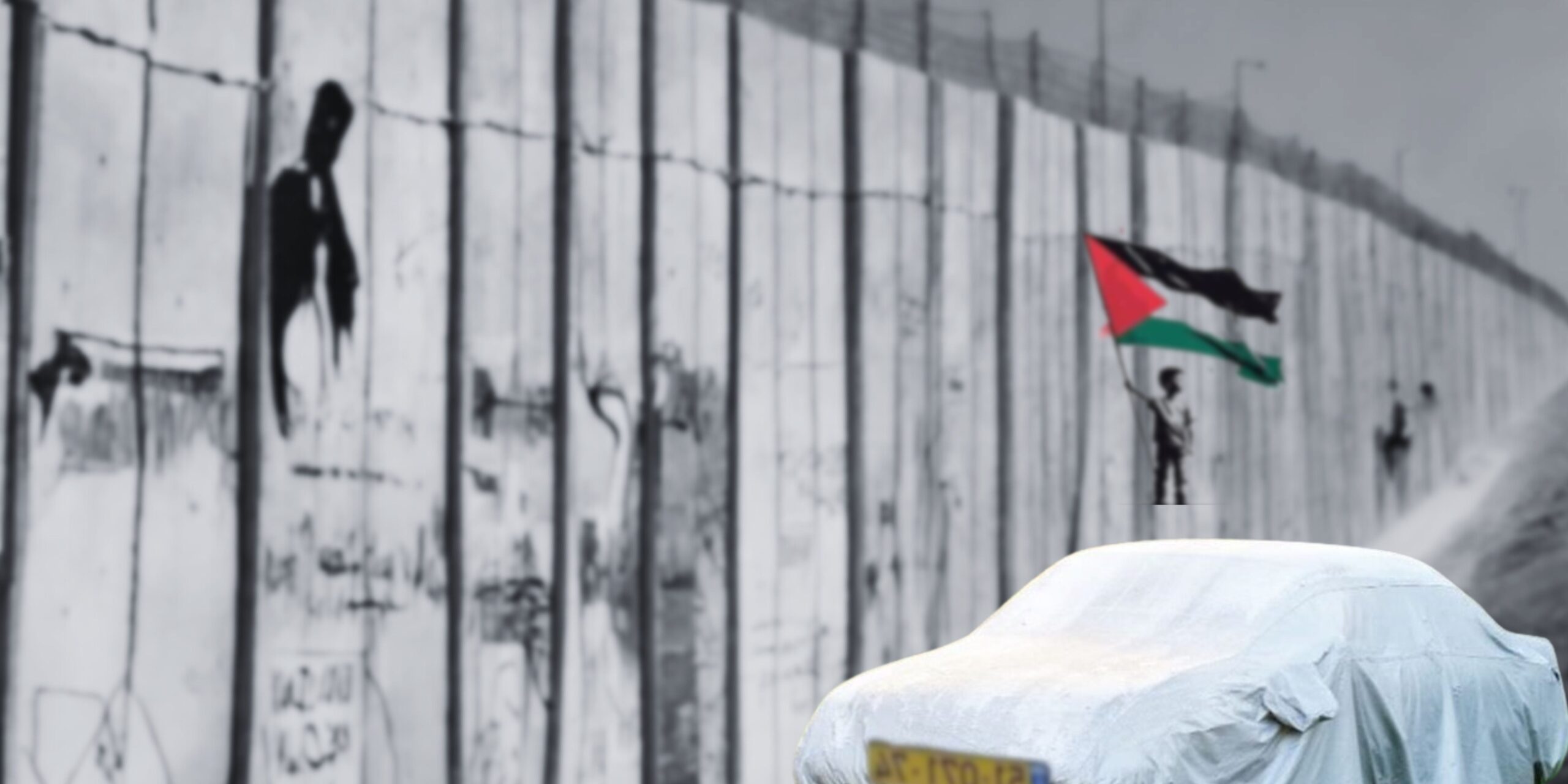Amman, Dec 5, 2013 – The 6th annual conference of Arab investigative journalists opens in Amman on Friday amid deepening media polarization and shrinking
political freedoms across a region in transition.
The three-day event, organized by Arab Reporters for Investigative Journalism (ARIJ), is held under the theme: “The Role of Arab Media in Transition; from lapdogs to watchdogs”.
Attending the meeting are over 380 Arab journalists and media professors, all working in association with ARIJ to spread the culture of “accountability journalism” in nine Arab states: Jordan, Syria, Lebanon, Egypt, Bahrain, Yemen, Tunisia, Iraq and Palestine.
The conference offers a rare chance for ARIJEANS to network across the region and with over 20 international award-winning investigative journalists, trainers and media experts.
They will chose from among 35 panels and trainings on covering human rights abuses, government policies, pollution, closed political groups, health care, education and off-shore fraud.
The conference comes at a time of sweeping political change in the region since early 2011 putting pressure on a largely politicized Arab media to redefine its role as “The Fourth Estate”.
ARIJ-trained reporters will also showcase their well-documented reports exposing public issues for the benefit of transparency, will discuss political, legal, professional and societal challenges impeding the spread of investigative journalism in Arab news rooms.
The timing of the conference is crucial, says ARIJ executive director, Rana Sabbagh. Free speech and media freedoms are being rolled back while more journalists are being attacked by organized gangs, ruling parties and official bodies, and culprits are not punished.
“At the same time, the state-run media is still reflecting the views of those in power while the privately-financed media is reflecting the agendas of those financing it at the expense of professionalism and integrity”, she added.
Traditional mainstream media is also facing serious financial problems from new media penetrating the market and a decline in advertising revenue.
‘The sessions of the conference have been designed in a way that allows participants to deal with multiple challenges because without an independent media that plays the role of society’s watchdog while ensuring professional excellence, everyone will pay the price,”.
Guests attending the conference include veteran journalists like Yosri Fouda of Egypt, Edwy Plenel (France), Britain’s Tim Sebastian and Tom Giles, Brant Houston (USA), Frederik Obermaier (Germany) and Yavuz Baydar (Turkey).
Mr. Houston, Professor and Knight Chair of Investigative Reporting Journalism Department, University of Illinois, will address the strategies for investigations in the digital global world. Mr. Plenel, President and co-found of France’s first fully independent and add-free online investigative and opinion journal, will discuss how objective news reporting can survive while being under the influence of advertisers, governments and media. And Mr. Baydar, Turkish journalist, columnist and former Reader’s Representative of ‘news ombudsman” at Sabah Daily, will tackle challenges facing media in a country which has the largest number of jailed journalists in the world.
At a round-table discussion of 30 media professors, ARIJ will launch the first manual in Arabic for teaching a three-hour credit investigative journalism course to undergraduate media students.
Other sessions will focus on Computer Assisted Reporting (CAR) tools, tracking information, digital source protection, crowd sourcing, using multimedia to tell the story, questioning techniques and bullet-proofing investigations.
On the sidelines of the conference, two specialized training workshops opened on Thursday: following the money trail, and the safety of journalists and the security of news rooms in hostile environments.
ARIJ has trained over 1,000 journalists and nearly 100 media professors in its nine countries of operation since its inception in 2006. It also has supported the creation of several investigative units at existing media in Jordan, Palestine, Egypt and Lebanon and has encouraged the Institute de Presse et des Sciences de l”information at Tunisia’s Manouba University to launch the region’s first master’s degree in investigative journalism.
The ARIJ network is dependent on funds from the Copenhagen-based International Media Support (IMS), the Swedish International Development Cooperation Agency (SIDA), the Norwegian Foreign Ministry and Foundations for Open Society (FOSI).
Local partners supporting this year’s conference include The Embassy of the Kingdom of the Netherland, Jordan Kuwait Bank, ARAMEX, the global transport and logistics services company as well as Royal Jordanian.








